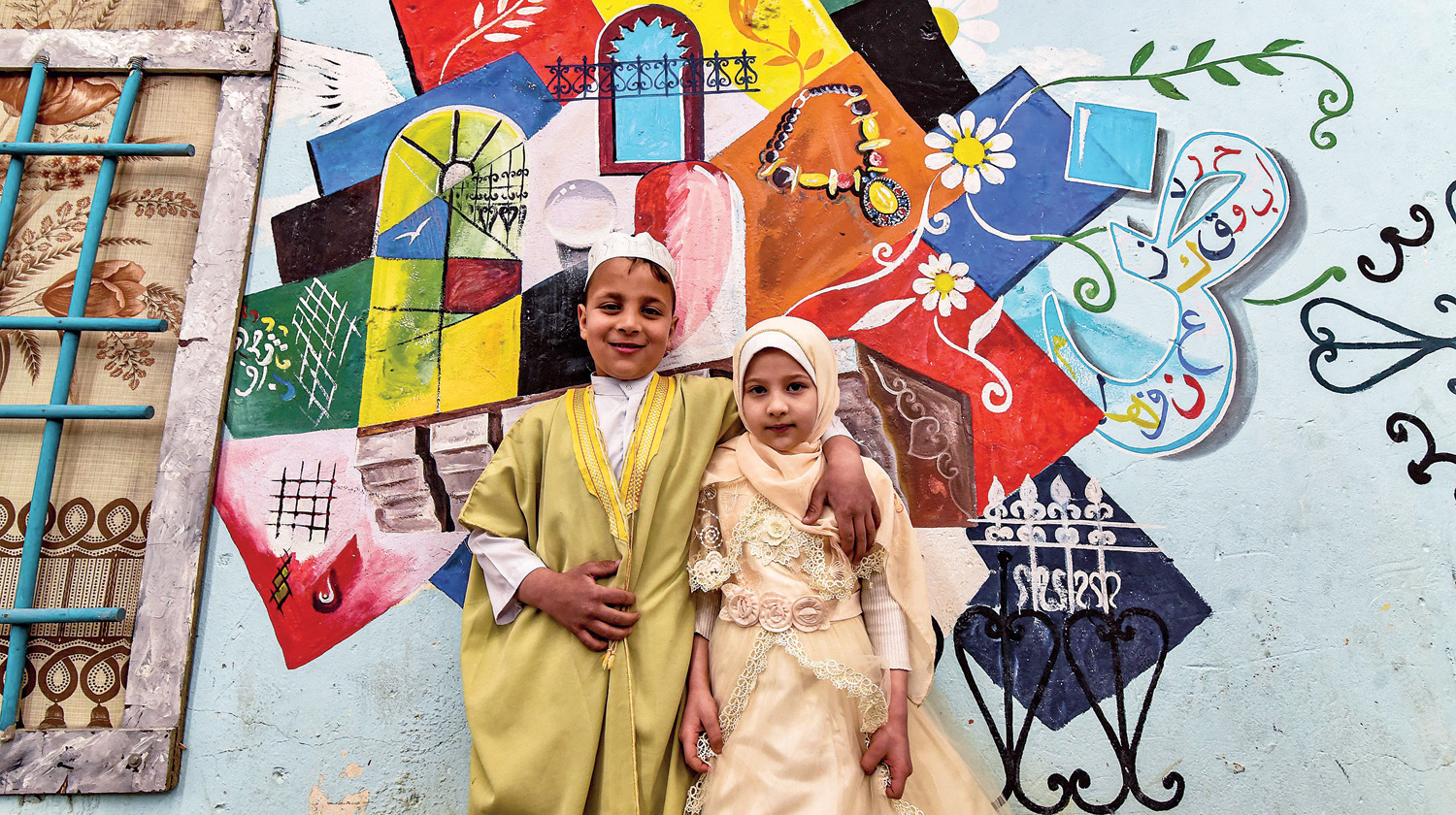

BAGHDAD: Faced with sharp price rises, a decline in the buying power of the dinar and rising unemployment, Iraqis enter the fasting month of Ramadhan with a feeling of dread.
“After a whole day of fasting, we have to eat something,” even if the price of a kilo of tomatoes has more than doubled, said Umm Hussein, a single mother of five who has no salary.
She struggles each month to raise the $45 rent for their modest home.
Like 16 million of Iraq’s 40-million population living under the poverty line, Umm Hussein relies on her ration card for food. Under the legacy from the 1990s when Iraq’s Saddam Hussein was under a stringent international embargo, every Iraqi whose household heads earns less than $1,000 a month is entitled to certain basic provisions at subsidised prices.
But this year, “we’ve only received the rations for February”, said Abu Seif, 36, who like his father before him has the job of distributing bags of subsidised goods.
“We still haven’t got the rations for Ramadhan,” during which Muslims fast from sunrise to sunset, a period that starts this week.
Prime Minister Mustafa al Kadhemi had promised extra rations for the holy month. But “people are coming in or calling everyday to ask when they’re arriving”, said Abu Seif.
In Abu Ammar’s grocery store, the credit line has been stretched so far that he fears not being able to pay his suppliers any more. With prices rising sharply, “some families owe more than 200,000 dinars” ($130), the grocer said.
The authorities in energy-rich Iraq, with revenues slashed by the decline in world oil prices, last year devalued the dinar, which has lost 25 per cent of its value against the dollar. As a result, for example, the price for a bottle of cooking oil has gone up to 2,500 dinars, from 1,500 dinars. On top of price hikes, Covid-19 restrictions such as lockdowns and curfews have killed jobs, especially the day jobs on which many Iraqis rely following decades of conflict. The UN Food and Agriculture Organization says Iraqis are trapped in a vicious circle. “Over 90 per cent of small and medium enterprises in the food and agriculture sector reported being severely to moderately affected by the pandemic. To cope with decreased revenue, more than 50 per cent either let staff go or reduced salaries,” it says. — AFP
Oman Observer is now on the WhatsApp channel. Click here



